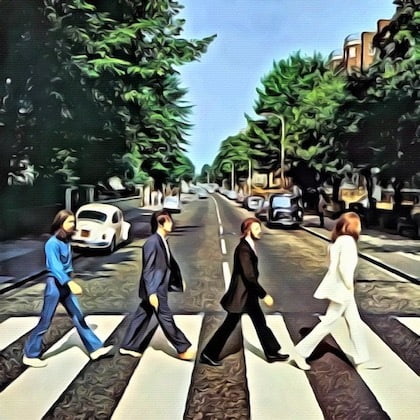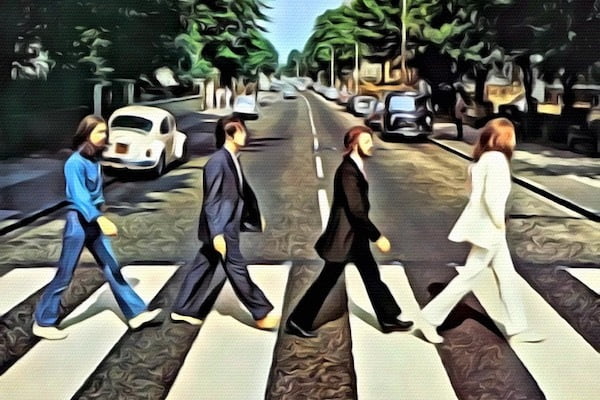 A few newsletters ago, concerned about the lack of counseling resources, I wrote about the options for individuals and couples who have difficulty in finding an opening with a therapist (the title was “Finding Whānau”). I also shared that I had been trying to cut back to seeing clients only three days a week but had reverted to five after COVID because of people’s many struggles in their lives and relationships. Additionally, I realized that I liked working so many hours and was not nearly as close to cutting down as I had thought. Within hours of the newsletter’s delivery, I began to receive emails and texts from clients.
A few newsletters ago, concerned about the lack of counseling resources, I wrote about the options for individuals and couples who have difficulty in finding an opening with a therapist (the title was “Finding Whānau”). I also shared that I had been trying to cut back to seeing clients only three days a week but had reverted to five after COVID because of people’s many struggles in their lives and relationships. Additionally, I realized that I liked working so many hours and was not nearly as close to cutting down as I had thought. Within hours of the newsletter’s delivery, I began to receive emails and texts from clients.
“I think you are trying to tell me you are retiring,” one person said. Another wrote, “I know you weren’t sure you had space for me when I started to see you. Now I think you are letting me know I need to find someone else.” A third person spoke to me in a session, saying, “I read your newsletter, and I understand you’re probably going to stop these sessions. I was able to read between the lines that you don’t have time for me.”
None of this was true. My intention was to offer suggestions on finding help, other than by seeing a therapist, to those unable to find one. My message had nothing to do with my own availability or existing clients, but some readers filled in the blanks by imagining what was “between the lines” of my message, as described above. It made me reflect on the many ways we interpret what someone says through the lens of our own experience and perceptions.
My first job was teaching interpersonal communication to freshmen as a teaching assistant at the local university. On the first day of class, I told them this story.
“You are walking down the street, and you see someone from your old high school walking towards you about a half a block away. You smile, but they cross the street as though they don’t notice you. Why didn’t they smile back?”
As with a Rorschach ink blot test, I heard a different reason from every kid in the class. “She never liked me.” “He was always a snob.” “She hated my haircut” (yes, one person said that). Only once in a while did someone write, “She didn’t even see me; she was thinking about school.”
When teacher Byron Katie asks, “Who would we be without our story?,” she describes how we view so many events and experiences through a personal lens, which has little to do with truth and much to do with how we see the world. Our perspective is shaped by the stories we tell ourselves, the internal narratives about ourselves and others. Mindfulness asks us to be aware of the lens we use to interpret other people’s words and deeds. Mindful practice reminds us that we have no idea why our old classmate crossed the street without saying hello.
No, I am not retiring or reducing my clientele. I love my work, take on only as many people as I have room for, and value each person I see.
A 2010 Baylor University study found that couples’ intense emotions during conflicts had more to do their perceptions of the other’s words and actions than with the actual emotions and actions. So, ask yourself, through what lens do you interpret the words, actions, and nonverbals of people in the world around you? How might your life (and relationships) be different if you understood this, changed stories, or, best of all, developed curiosity about what others meant and asked them?
